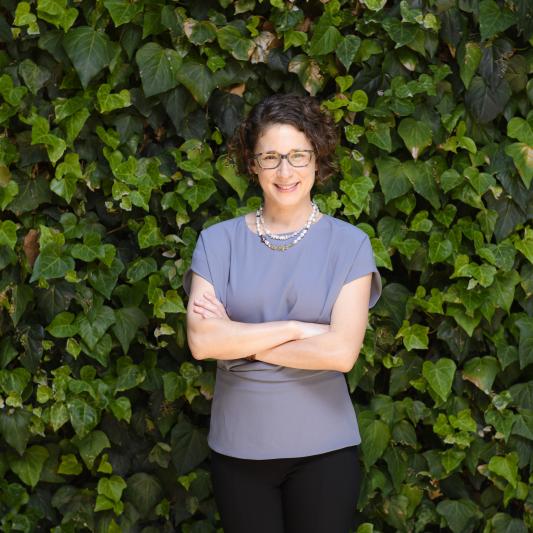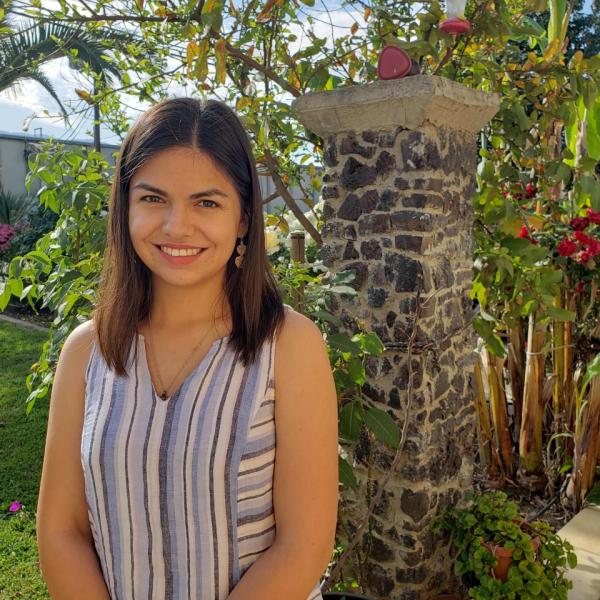
Emily J. Levine
Emily Levine has long been captivated by the history of institutions and ideas, combing through archives to trace their origins and evolution. But it’s the human stories that keep her subject matter from becoming an abstraction.
“How ideas and institutions emerge, how they’re received, how they change over time—all of that is contingent on people and conversations,” she says. “I gravitate to the stories of individuals.”
Levine, an associate professor at Stanford Graduate School of Education, began her academic career teaching European history—specifically German history and the origins of Nazism, a historical puzzle that taps into deep questions about humanity. (“How is it that the country of Beethoven and Bach,” she asks, “became the country of Hitler and Auschwitz?”) This area of research led her to study a group of German Jews in Hamburg in the 1920s, pioneers in the humanities who became the subject of her first book, Dreamland of Humanists.
An ardent advocate of the humanities, Levine’s arrival at Stanford coincided with the launch of the Stanford Public Humanities initiative, a new university-wide project aimed at helping scholars in the humanities bring their work to a wider audience. She has participated in the initiative’s inaugural workshops on op-ed writing and trade book publishing, and is a principal investigator (with Stanford professors Mitchell Stevens and Caroline Winterer) of “Recovering the University as a Public Good,” a new Humanities Seed Grant.
Her latest book, Allies and Rivals, explores the history of the modern research university through a series of portraits of German and American scholars and leaders—stories that offer valuable lessons for academic innovators today.
“In entrepreneurial circles, history is often considered something to overcome,” Levine says. “There’s this notion that history and innovation are at odds. But I would argue the opposite. In history we find examples of how institutions can be organized, how debates might be structured, and models of leadership—all of which are useful for envisioning a future that’s different from the one we see before us.”
Photo by Toni Bird



